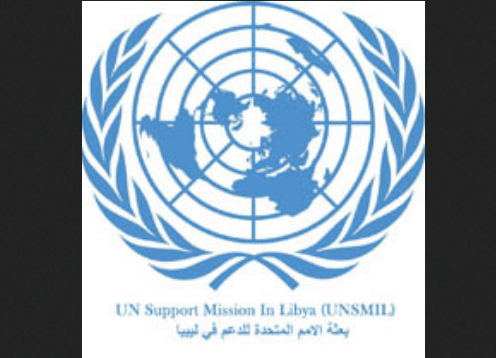IOM, UNHCR hold technical coordination meeting on saving lives at sea
The International Organization for Migration (IOM) and the United Nations High Commissioner for Refugees (UNHCR) last week organized a technical coordination meeting for Libyan partners on Rescue at Sea Operations, held in Tunis.
The coordination meeting was organized within the framework of the established Technical Working Group and Contact Group on Saving Lives at Sea, which aims to ensure internationally recognized best practices aimed at the protection of the life of the migrants and refugees when conducting embarkation/disembarkation procedures on vessels, many of them un-seaworthy and overcrowded with migrants/refugees, caught in distress while attempting to reach the shores of the European Union.
During the two-day meeting the layout of Standard Operation Procedures developed during earlier technical meetings were presented and discussed in order to improve collaboration between actors involved in rescue at sea operations outside the Libyan coast. Furthermore, achievements and challenges related to the rescue operations were also raised and discussed.
“This meeting is an opportunity for us and all the other actors to come together and develop a better response, because our goal is united, to safe migrants’ lives,” Colonel Aboajela Abdbari from the Libyan Coast Guard in Tripoli explained. “As the season of migration is coming – spring time - Libyan Cost Guards are facing challenges due the lack of resources, the boats used last year were not search and rescue boats and now they have degenerated.”
The meeting included a total of 25 participants from the Libyan Ministry of Defence, Health, Interior and Justice, the Border Directorate, the Department for Combating Irregular Migration (DCIM), International Medical Corps (IMC), the Libyan Red Crescent, Danish Refugee Council (DRC) and Doctors Without Borders / Médecins Sans Frontières (MSF).
The objective of the working group is to provide comprehensive guidance and recommendations to the different actors involved in rescue at sea operations, based on international best practices, policies and strategies. Participants bring an array of expertise that will assist in crafting guidance that address existing capacity gaps of represented Libyan counterparts.
“We had a very fruitful meeting with all TWG members, discussing and sharing updated information of rescued migrants and migration trends,” explained IOM Libya’s Programme Officer Maysa Khalil. “We have a commitment to continue the technical support of these actors, in order to enhance their response during the rescue operations,” she added.
“Thanks to technical coordination meetings we are able to collaborate towards a coordinated life-saving response mechanism for refugees and migrants in the rescue at sea situation” said Nisreen Rubaian, Senior Protection Officer from UNHCR.
The meeting is funded by the European Union within the activities of the project “Sea and Desert Migration Management for Libyan Authorities to Rescue Migrants” (SEA DEMM).
(Source: UNSMIL)





